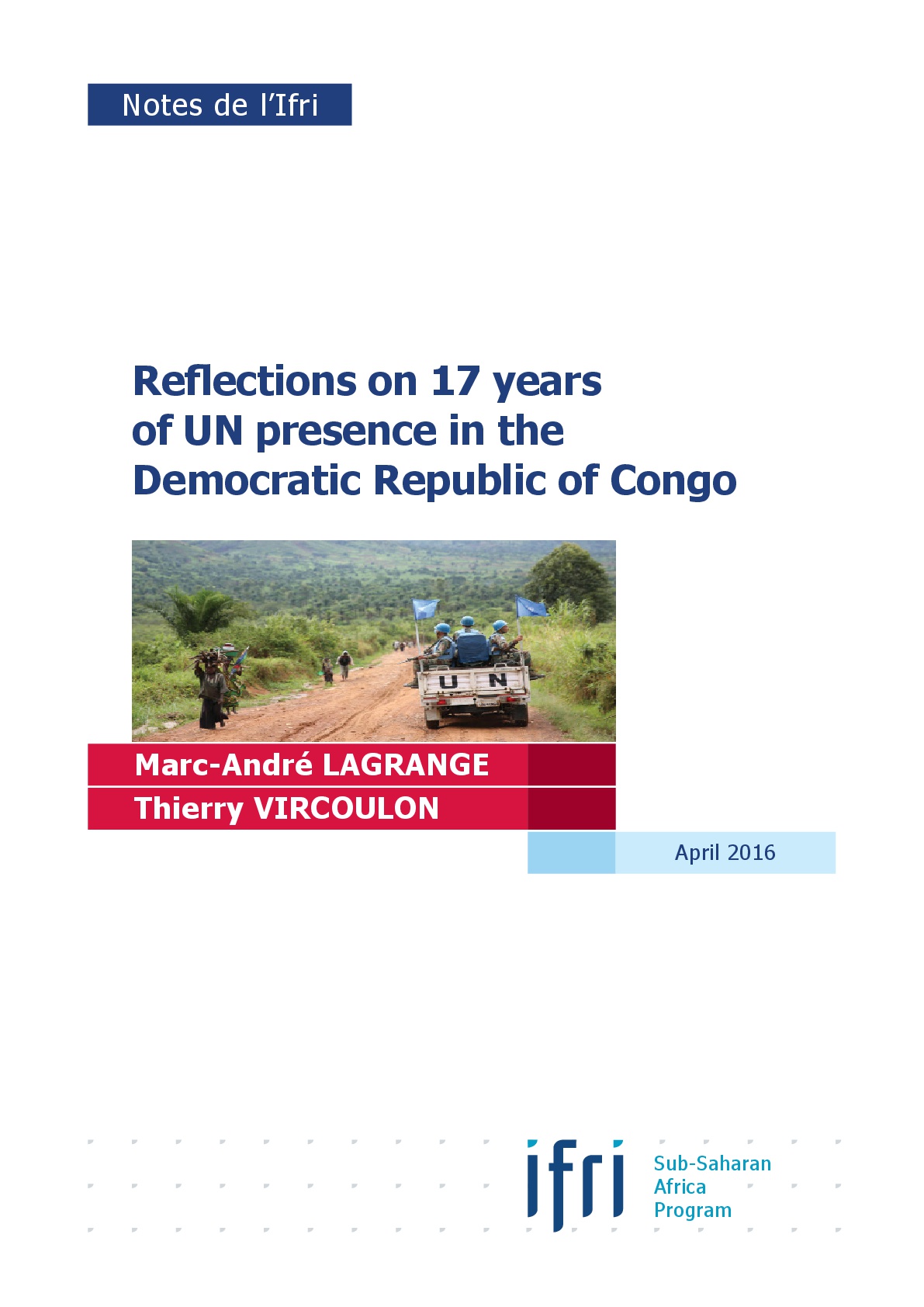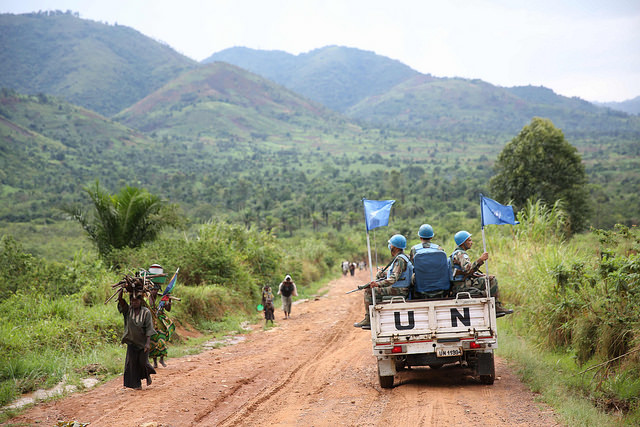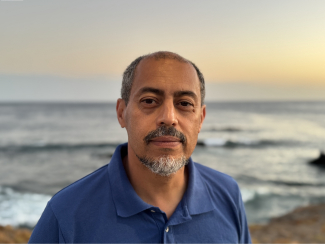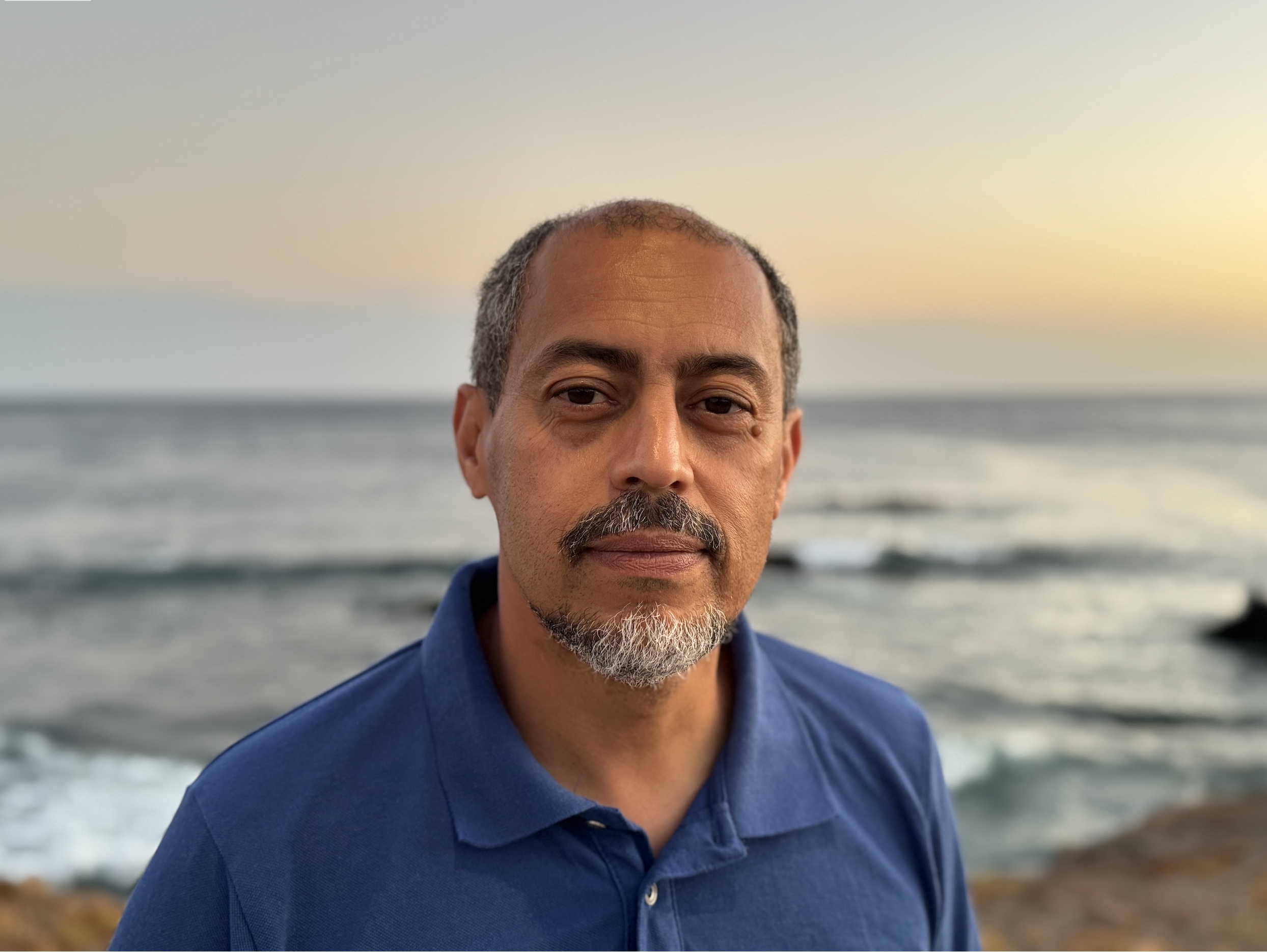Reflections on 17 years of UN presence in the Democratic Republic of Congo

Since 2013 and the victory of the Congolese armed forces and the United Nations over the last serious threat against the regime - the 23 March (M23) movement-, the question of the relevance of the UN presence in the Democratic Republic of Congo (DRC) is raised again.

Similarly to the other presidents in the region, Joseph Kabila intends to remain in power beyond the constitutional limits and hence sabotage any prospects of democracy. Despite the deployment of the largest peacekeeping force (MONUSCO) in Eastern Congo, this region remains on the fringes of all dangers, subject to deadly raids by national and regional armed groups. Finally, the host government continues to call for MONUSCO's departure, which is currently the largest and most expensive peacekeeping mission in the world (more than 20 000 personnel and $ 1.4 billion annual budget).
To continue a peacekeeping mission with no prospect of progress, against a background of decreasing democracy and delegitimisation of the current regime, is at best similar to a voluntary stalemate, and at worst a major political risk for the United Nations. While the UN peacekeeping mission will be celebrating its 17th year of presence in the DRC in 2016 and an electoral crisis appears to be looming on the horizon, an attempt at assessment is essential.
Download the full analysis
This page contains only a summary of our work. If you would like to have access to all the information from our research on the subject, you can download the full version in PDF format.
Reflections on 17 years of UN presence in the Democratic Republic of Congo







